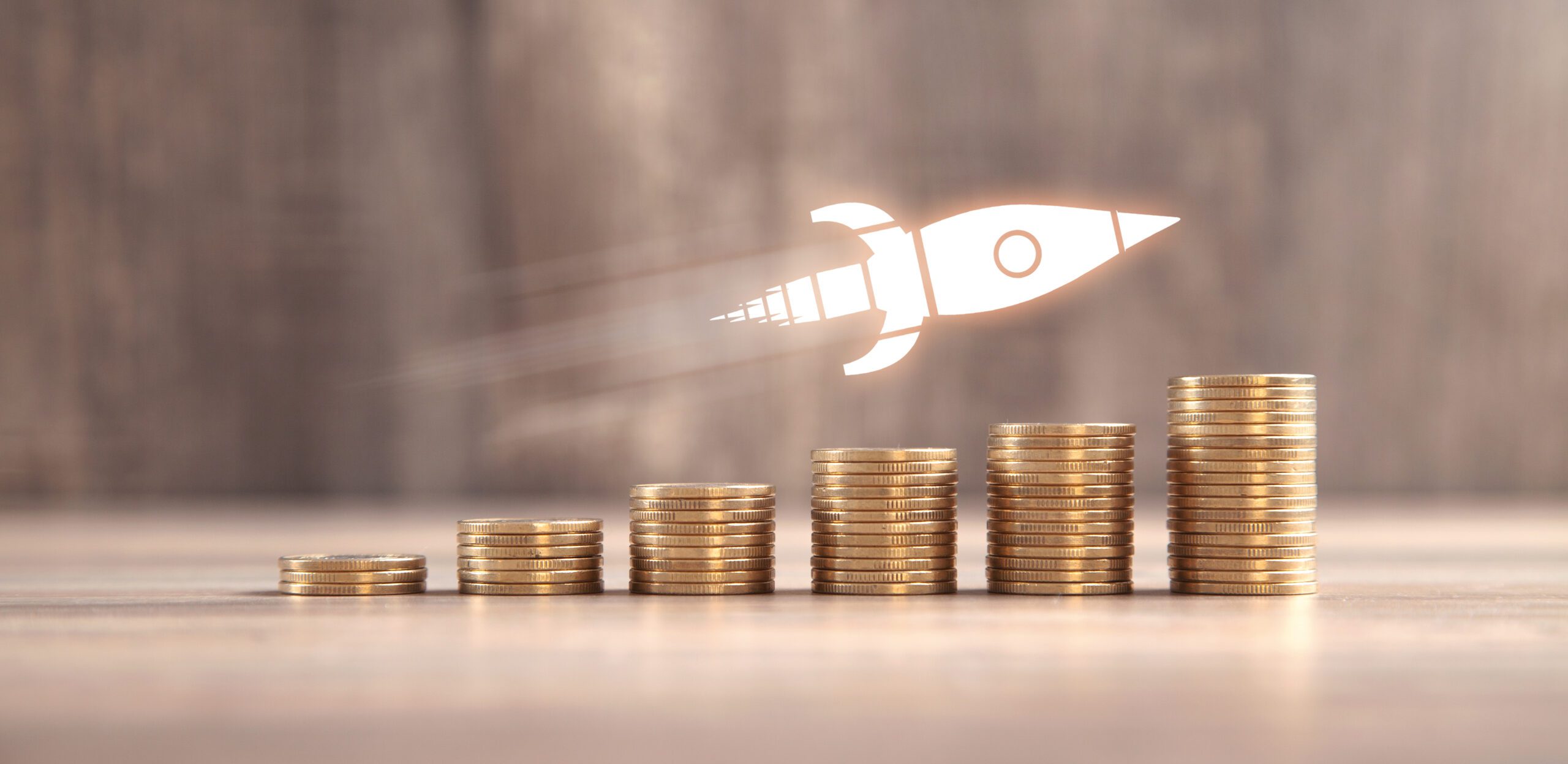Consider your risk tolerance and financial goals when choosing investments. Balance low-risk options like term deposits with higher-return assets. Maintain liquidity for emergencies. Diversify to manage risk, and be mindful of tax implications. Consult a financial advisor for comprehensive planning.
___________________________________________
“Does anyone have any thoughts on putting that amount of money in a term deposit/ETF/cash fund or something for a 2-year period? I want the most guaranteed return possible because it’s for uni fees, but the amount a term deposit would give me doesn’t really seem worth it to not be able to access the money. Maybe I should just hold on to it. Edit: I don’t want to access the money to spend it, but I was weighing up the trade-off of no access in the case of something unexpected and only earning a grand or so over the term.”
___________________________________________
Risk Tolerance and Goal Alignment: Your risk tolerance depends on your comfort with market volatility. Term deposits and cash funds offer low-risk options. With term deposits, your principal is protected, and you’re guaranteed a fixed return. Cash funds invest in short-term, low-risk securities. However, the returns are relatively modest. ETFs, on the other hand, invest in a diversified portfolio of assets like stocks and bonds. They offer potential for higher returns but come with market risk. Your investment choice should align with your risk tolerance and financial goals. If you prioritise a guaranteed return and can accept lower earnings, low-risk options like term deposits or cash funds may be suitable.
Liquidity Needs: Your need for liquidity is crucial. Term deposits have a fixed term, typically ranging from a few months to several years, during which you can’t access the funds without penalties. If you’re confident about not needing the money for two years, a term deposit could work. However, life is unpredictable, and unexpected expenses can arise. To ensure financial flexibility, consider maintaining an emergency fund in a readily accessible account to cover unforeseen costs.
Diversification: Diversification is a strategy that involves spreading your investments across different asset classes. You might consider a diversified approach. For instance, allocate a portion of your funds to a term deposit or cash fund for stability and quick access in case of emergencies. Simultaneously, invest the remaining portion in ETFs or other higher-return, higher-risk assets. This balanced approach helps manage risk while allowing for higher returns. Diversification can be suited to your risk tolerance and financial goals.
Tax and Financial Objectives: Understand the tax implications of your investment choices. Different types of investments may be subject to varying tax treatments, such as capital gains tax or interest income tax. Make sure you’re aware of how your gains will be taxed, as this can affect your overall returns. Additionally, consider your broader financial objectives. If you have other long-term financial goals, such as retirement planning or buying a home, ensure that your investment strategy aligns with these objectives. Consulting a financial advisor is a wise move to create a well-rounded financial plan that addresses your specific circumstances and future aspirations.
Hope this helps.
Regards, Clive Fernandes (Financial Adviser)
Director – National Capital
Disclosure: I am the director of National Capital, a KiwiSaver advice firm. The views expressed in this article are the views of the author. The information provided is of a general nature and is not intended to be personalised financial advice. You may seek appropriate financial advice from a Financial Adviser to suit your individual circumstances or contact National Capital.
